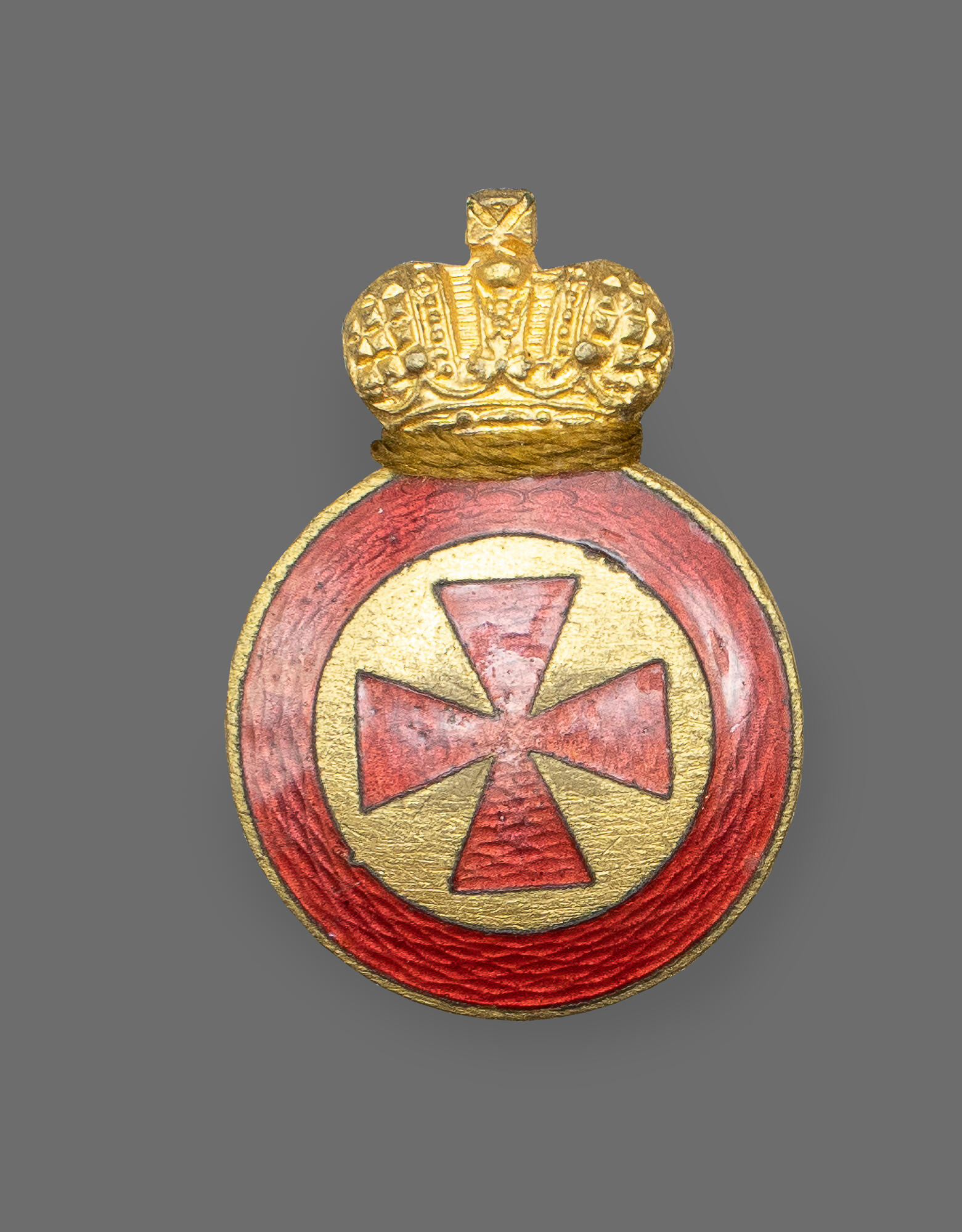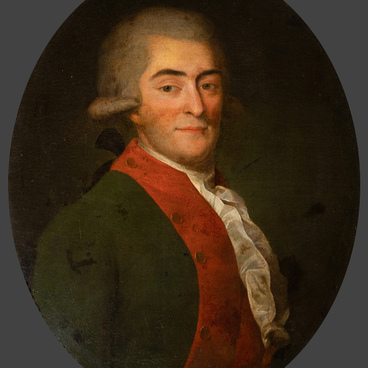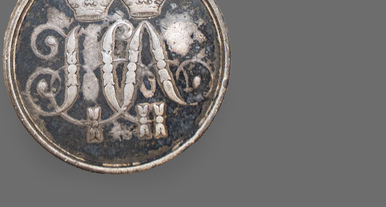Leo Tolstoy received the Order of St. Anna, 4th Class for his participation in the defense of Sevastopol during the Crimean War. He voluntarily transferred to Sevastopol in November 1854 and stayed there until August 1855. Tolstoy served in the Fourth Bastion — the most dangerous sector of the front, which took the brunt of the artillery. Tolstoy also participated in the Battle of the Chernaya River, where the Russian army lost more than 8000 soldiers, and defended the city during the last assault of the enemy.
Leo Tolstoy was one of the first Russian war correspondents and made his notes while serving in the active army. Based on these recordings, he created a collection of three short stories: “Sevastopol in December”, “Sevastopol in May” and “Sevastopol in August”.
There, he described the patriotic feat of Russian soldiers who were ready to sacrifice their lives to keep the enemy out of Sevastopol and also showed the war without embellishment — “in blood, in suffering, in death.” In an honest and realistic manner, he showed the injuries and deaths of soldiers in battle, the inhuman conditions in hospitals and the technological obsolescence of the tsarist army.
Tolstoy had a keen interest in military life and the supply of the army, tried to analyze the actions of the command, abolish corporal punishment and improve the supply. Together with his fellow soldiers, he conceived the publication of a magazine they wanted to call “Military Leaflet” but this project did not see the light of day due to funding and censorship issues.
Tolstoy’s anti-war ideas are evident in the “Sevastopol Sketches”. He was shocked that Christians with their belief in loving thy neighbor weren’t horrified by what they had done and wouldn’t come together in a brotherly embrace. He described the behavior of soldiers and officers on the battlefield, emphasizing that his stories have only one main character — the truth.
In the last story, the author shows the fate of a young recruit named Volodya, who arrived in Sevastopol full of noble ideals and confidence in victory. Soon Volodya dies on the battlefield as Tolstoy persuades the reader that human life is more important than enforced deceptive goals. In the novel “War and Peace” the same fate has befallen Petya Rostov.

